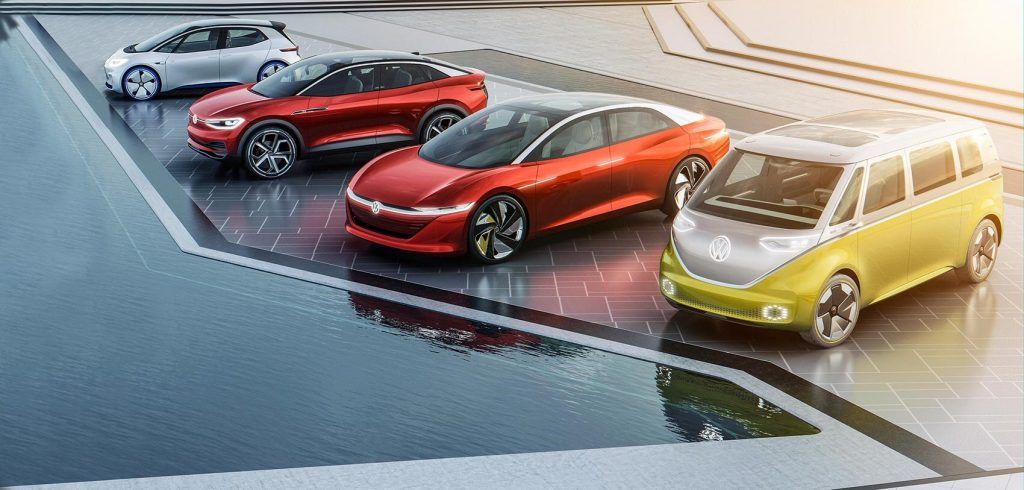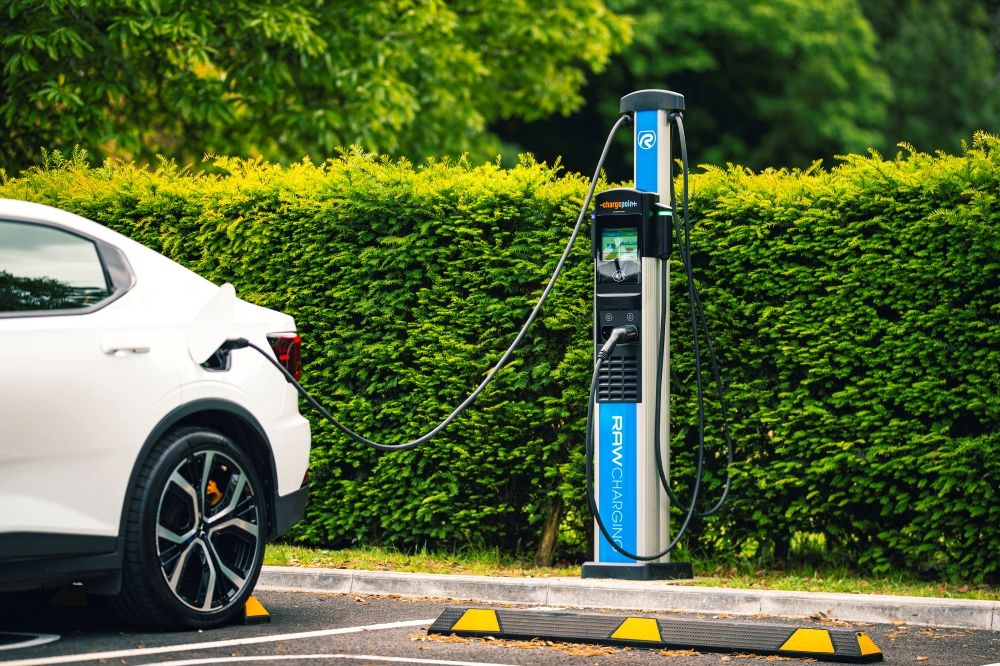The pure electric VW ID.3 has won the annual What Car? safety award with another EV manufacturer, Tesla, winning its technology award.
The Car of the Year Safety Award is based on results from the latest Euro NCAP safety testing with judges also considered affordability, sales volumes and any additional innovative safety technologies not currently tested by Euro NCAP.
The Toyota Yaris and the SEAT Leon were runners-ups up to the safety award.
Launched in 2020, the ID.3 scored a maximum five-star Euro NCAP safety rating in October last year, and was the highest overall scorer of the year across all vehicles tested.
It was the top scorer with 88% in the Safety Assist category with its collision-avoidance systems like Autonomous Emergency Braking (AEB), lane departure support, and standard-fit multi-collision braking assisting with the result.
Matthew Avery, Thatcham Research’s director of insurance research, said: “It’s particularly rewarding to see such a strong performing, all-electric car from a mainstream manufacturer like Volkswagen. Volkswagen deserves praise for prioritising safety with its first fully-electric car. That bodes very well for the future of road safety.”
Tesla victory
Winning the Technology Award, Tesla’s over-the-air (OTA) software update technology wirelessly introduced new features to its vehicles that improve functionality, performance and safety capability.
These improvements to active safety (or crash avoidance) and security have helped the brand to build on its 2019 success when the Model X and 3 cars both scored 94% in Euro NCAP’s Safety Assist category.
Matthew Avery said: “Tesla was the first to introduce over-the-air updates and it’s proven to be a real game changer. It means a Tesla can be upgraded as its sitting on a driveway. This allows the brand to not only offer new functionality to the consumer, but it can also fix things ‘on the fly’.
“As a result, the vehicle fleet is, to some degree, state-of-the-art over its lifetime which is a phenomenal advantage, especially when it comes to the performance of its back-up safety systems.”












